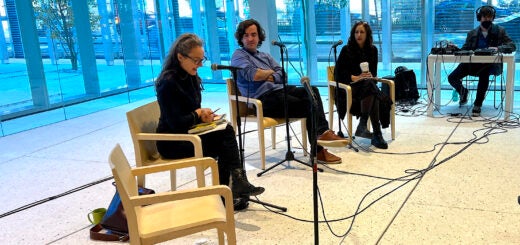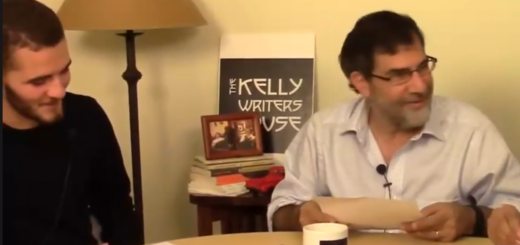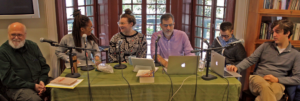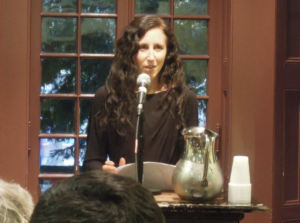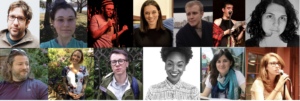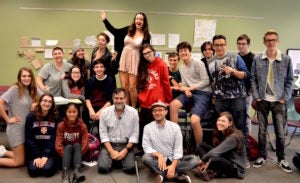Introduction to week 5 in 2024 (9/29/24)
Here is a copy of the announcement Al has just sent around to all ModPo people. If you are reading this and wonder why you didn’t receive it by email, please write to modpo@writing.upenn.edu and let us know.
Today we begin to talk about the week 5 poems.
As I noted the other day, ModPo week 5 covers a lot of ground. One way to think about week 5 is as a survey of responses to the first wave of modernism in poetry. We look at four such responses: first, the poetry of a very few selected political writers of the 1930s; second, the verse of a wide range of poets who identified as participating in the Harlem Renaissance and several who came later but are indebted to the H.R. breakthrough; third, a glance at one conservative modernist (Robert Frost); fourth, a quick look ahead at the neo-formalist postwar poets of the 1950s.
The main energies of week 5 focus on the Harlem Renaissance and its poetic effects. Some have argued that Gwendolyn Brooks’s “Boy Breaking Glass” is both the finest and most interesting poem in the entire course. It is surely difficult for some readers—and for everyone, in any case, we believe, very much worth spending extra time trying to understand. Between the main syllabus and ModPoPLUS, we have had a lot to say about this poem. (Look HERE for all that.)
Langston Hughes’s “Dinner Guest: Me” is, I think, the best example of a meta-poem that turns out to be meta-pedagogical. By meta-pedagogical I mean: it suggests something about the problems of teaching and learning, even though it is not set in any sort of conventional educational setting.
There’s a lot going on in week 5 of ModPo. We hope you bring a bit of extra attention to our discussions this week. Let us know, as always, if you get stuck or need further guidance. TA office hoursare a great way to seek that extra help.
Our live webcast this week will be on Wednesday (October 2) at 10 AM Philadelphia time.
Also this week we ask you to find some of the essays written and posted last week by your ModPo colleagues—and offer comments and replies.
You can watch a 6-minute video introduction to week 5 HERE.
You can listen to a 25-minute audio introduction to week 5 HERE.
Here’s to an exciting week of more poetry! As we prepare to leave Montreal today we have a chance to reflect on the generosity and open-heartedness of the poets we’ve met here—many of whom have joined us in the making of new videos about Canadian poets and their poems. ModPo, I’m honored to say, has resonated well with poets themselves. When we created our course that was not our primary intention; we hoped to reach out to people who want to learn about what poets do but aren’t poets themselves. A bonus has been—and happily it’s in evidence here in Canada—that the poets also want to participate, to learn with us about their own work and those of their colleagues and peers.
—Al

